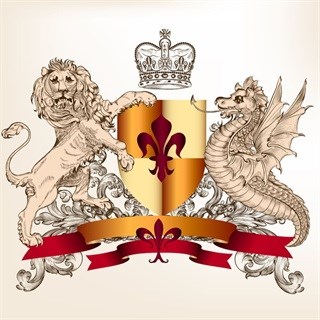Most Chinese investment in Africa is driven by private sector Chinese companies looking for profitable opportunities. They tend to employ local labour and often local management.
This is according to a study presented on the sidelines of the World Economic Forum (WEF) on Africa in Durban last week.
The study by global management consultancy McKinsey provides a counter to widespread notions that China's push into Africa reflects a "new form of colonialism" - as The New York Times called it in an article last week - driven by the Chinese state, using Chinese workers and focusing on extracting resources and flooding Africa with cheap imports.
McKinsey found about 30% of the 10,000 Chinese firms operating in Africa are in manufacturing, 86% of their employees are local - as are 40% of their managers - and 85% of the firms are privately owned.
China is by far Africa's largest economic partner, ranking in the top five for trade, infrastructure finance, foreign direct investment (FDI) and aid, but the managing partner of McKinsey's Africa office Georges Desvaux said the study found almost all perceptions of its role were false. "It [China] is creating an industrial footprint in Africa, creating jobs and bringing in new technology and new processes to Africa," Desvaux said.
Dance of the Lions and Dragons
McKinsey plans to launch the full version of the study, Dance of the Lions and Dragons, at the WEF's Asia meeting later in 2017. It will include details on individual countries, including SA.
The study is based on interviews with more than 1,000 Chinese companies employing more than 300,000 people in eight countries that account for more than half of Chinese FDI in Africa. It was one of several reports on Africa by global entities launched at the WEF last week. Its findings align to some extent with those of the annual EY Africa Attractiveness report, which found China had picked up pace in Africa amid political uncertainty in its two biggest traditional investors - the US and UK. China-sourced FDI in Africa increased dramatically in 2016. With a 106% jump in the number of FDI projects China, now Africa's largest trade partner, became the third-largest investor on the continent, and the one creating the most jobs.
EY Africa CEO Ajen Sita said Chinese-headquartered businesses were becoming more expansionary. While four or five years ago its involvement in Africa tended to be through government-to-government aid or infrastructure swaps, now it was being led by Chinese corporates seeking international opportunities, he said.
FDI in Africa
The EY survey showed the shape of FDI in Africa was changing, with a significant shift into consumer-facing investments, which accounted for more than 40% of FDI in 2016 while the mining sector's share fell to 6%, Sita said.
North Africa's share in 2016 jumped to more than half, as investors became more comfortable with countries such as Egypt and Morocco post the Arab Spring.
SA is still getting the lion's share of FDI in terms of the number of projects, but in value terms it came in well behind Egypt, which received 40% of the FDI capital in 2016.
SA has also lost its top spot on EY's Africa attractiveness index to Morocco, falling to joint second place with Kenya in 2016. Sita said it was a wake-up call for SA, with the decline reflecting the lack of policy certainty. Morocco is increasingly being seen as the hub country for investment into Francophone Africa.
The Durban WEF, attended by about 1,000 business, government and civil society leaders, ended on Friday with a closing address by Deputy President Cyril Ramaphosa. Africa's leaders needed to focus more on what they were bequeathing to the coming generations, Ramaphosa said, pointedly citing comments by WEF president Klaus Schwab that leaders should lead with respect and dignity and consider themselves as trustees for future generations and serve communities.
Source: Business Day








































